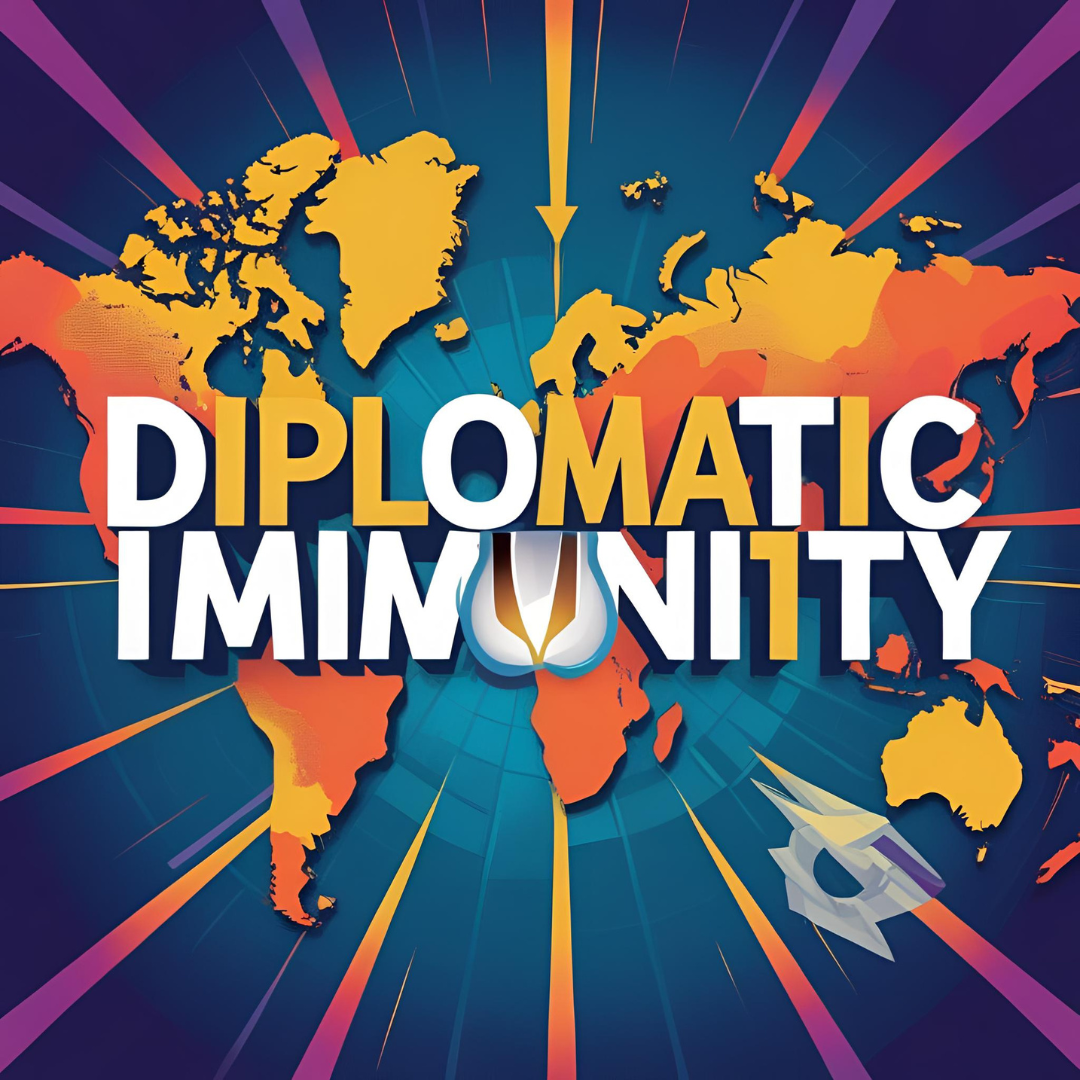International diplomacy depends on order, mutual respect, and clearly defined legal rules. The Vienna Convention on Diplomatic Relations (VCDR), 1961, serves as the cornerstone of modern diplomatic law. It outlines the principles, rights, and duties that govern the conduct of diplomatic missions and representatives worldwide.
This foundational treaty, ratified by over 190 countries, has brought legal certainty to international relations. It balances the sovereign rights of host states with the functional needs of diplomatic representatives. In doing so, it promotes cooperation and prevents conflicts in international affairs.
What is the Vienna Convention on Diplomatic Relations?
Adopted in 1961 by the United Nations Conference on Diplomatic Intercourse and Immunities in Vienna, the VCDR codifies the longstanding practices and customs of diplomacy. It sets the legal framework for diplomatic relations between states, ensuring diplomats can perform their functions effectively without interference.
The keyword at the heart of this treaty is “functional necessity.” This principle ensures that diplomats can work freely in a foreign state without undue hindrance from the host government.
Diplomatic Principles under the Vienna Convention
Sovereign Equality and Consent
Diplomatic relations are founded on mutual consent between sovereign states. No country can force diplomatic relations upon another. This principle safeguards national autonomy and encourages peaceful engagement.
Inviolability of Diplomatic Agents and Premises
Diplomatic agents enjoy personal inviolability. They cannot be detained or arrested by the host state. Likewise, embassy premises are inviolable, meaning local authorities cannot enter without permission.
Non-interference
Diplomats must not interfere in the internal affairs of the host state. This principle maintains respect for sovereignty while ensuring that diplomacy stays focused on mutual relations.
Reciprocity
The principle of reciprocity governs the conduct and privileges of missions. If one country limits diplomatic privileges, the other may reciprocate. This mutual balance ensures fairness in international relations.
Rights of Diplomatic Agents under the Vienna Convention
The Vienna Convention provides diplomats with several critical rights that enable them to carry out their functions effectively:
Immunity from Jurisdiction
Diplomatic agents enjoy complete immunity from criminal jurisdiction and considerable immunity from civil and administrative jurisdiction. This allows them to operate without fear of legal harassment.
Freedom of Communication
Diplomatic missions have the right to unrestricted communication with their home state. They may use diplomatic bags and codes, which cannot be opened or detained by the host state.
Exemption from Taxes and Duties
Diplomats and missions are exempt from most taxes and customs duties. This includes exemptions on personal goods, vehicles, and real estate used for diplomatic purposes.
Right to Worship
The Vienna Convention allows diplomatic staff the freedom to worship, consistent with the customs of their sending country, even if it differs from the host country’s predominant religion.
Duties of Diplomats under the Vienna Convention
While the VCDR grants extensive rights, it also imposes clear duties on diplomatic agents:
Respect Local Laws and Regulations
Despite enjoying immunity, diplomats must respect the laws and customs of the receiving state. If a breach occurs, the host country may impose diplomatic consequences, such as declaring the individual persona non grata.
No Use of Mission for Other Purposes
States must use missions only for diplomatic functions. They cannot serve as hubs for espionage or political activity against the host nation.
No Interference in Domestic Politics
Diplomats must avoid influencing or participating in the internal political matters of the host country. They primarily foster international cooperation and communication.
Persona Non Grata and Diplomatic Discipline
The host country can declare a diplomat persona non grata at any time without explanation. This requires the diplomat to leave the country or face expulsion. It’s a diplomatic tool used to enforce discipline while avoiding direct confrontation.
For example, when a diplomat engages in activities inconsistent with their status—like interfering in politics or spying—the host country may invoke this clause.
Special Provisions and Cases
Protection of Third-State Nationals
The VCDR extends certain protections to nationals of third countries working in diplomatic missions. These individuals enjoy a more limited form of immunity but are still covered under international law.
Diplomatic Bag and Courier
The diplomatic bag must not be opened or detained. It is used to securely transfer official documents and items. Couriers carrying such bags also enjoy protection under the Convention.
Importance of the Vienna Convention Today
In today’s world of globalized diplomacy, the VCDR continues to be a vital legal framework. It facilitates international dialogue, resolves disputes, and protects foreign representatives in turbulent regions.
For example, during armed conflicts, diplomatic missions rely on the Convention to ensure the safety of personnel and documents. It also plays a crucial role in preventing diplomatic abuse while enabling open communication between nations.
Notable Incidents Involving the Vienna Convention
Several real-world incidents have tested the strength of the VCDR:
- Iran Hostage Crisis (1979): Iranian protesters stormed the U.S. Embassy in Tehran and took diplomats hostage. This action clearly violated the VCDR, which protects embassy premises and diplomatic staff.
- Murder of Kim Jong-nam (2017): North Korea used diplomatic passports and diplomatic pouches to orchestrate the poisoning of Kim Jong-nam. The incident sparked global debate over abuse of diplomatic privileges.
These cases highlight the ongoing relevance and limitations of the Vienna Convention in addressing modern threats.




